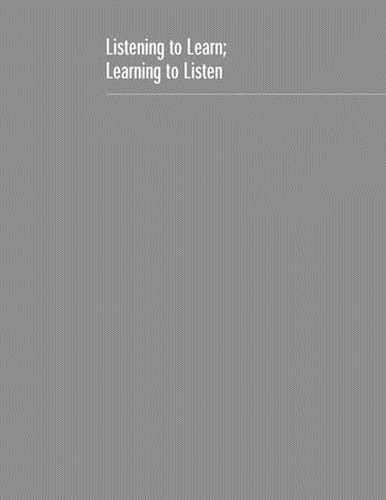Listening Self-Assessment Checklist
To assess your listening power, read each of the 30 statements below, and put either a “T” for True or an “F” for False in the boxes that precede them. Then to see if you are a good listener, turn to the comments on the next page.
□ 1. When I plan my work schedule, I allow some free time for impromptu conversations.
□ 2. When people speak to me, I often feel that they are wasting my time.
□ 3. I tend to jump into conversations, interrupting others as I do so.
□ 4. I tend to doodle or to toy with some object when others are talking.
□ 5. I have trouble listening when there is noise or a distracting activity nearby.
□ 6. I have learned how to pretend to listen.
□ 7. I use eye contact, face speakers, smile, and nod to encourage others to speak freely.
□ 8. I often lose the thread of discussion and have to fake it until I catch on again.
□ 9. I ask questions to make sure I interpret a speaker'fs message correctly.
□ 10. I find it efficient to perform routine tasks while I also listen for the important points.
□ 11. I am a direct person; if someone says something I dislike, I speak up immediately.
□ 12. I usually listen more for a speaker'fs ideas, not facts and details.
□ 13. I mentally outline what a speaker says.
□ 14. I take notes to record the facts and details a speaker offers.
□ 15. I always try to take as detailed notes as possible.
□ 16. I keep my emotions under control when emotional trigger words are brought up.
□ 17. I like people to be happy. If they seem upset or sad, I will try to joke them out of it.
□ 18. When I am too busy to talk with people, I make an appointment to meet or phone them later.
□ 19. During a meeting I avoid sitting where I am likely to be distracted.
□ 20. I believe you should not judge people by appearances alone.
□ 21. I encourage my staff to tell me about problems that they have with work.
□ 22. I am confident that my staff feels free to ask me questions after I speak.
□ 23. I notice the body language and tones of voice underlying people'fs words.
□ 24. I avoid listening to complex, difficult material.
□ 25. I have noticed that many women have trouble expressing themselves clearly.
□ 26. When I set up a meeting, I like the room to be chilly; it keeps people awake.
□ 27. I frequently anticipate what the speaker will say next.
□ 28. I know how easy it is to daydream at meetings, so I force myself to concentrate.
□ 29. I cannot follow what a person is saying if he or she has distracting mannerisms.
□ 30. I try to sit fairly close to a speaker, whether one-toone or in a large group.
